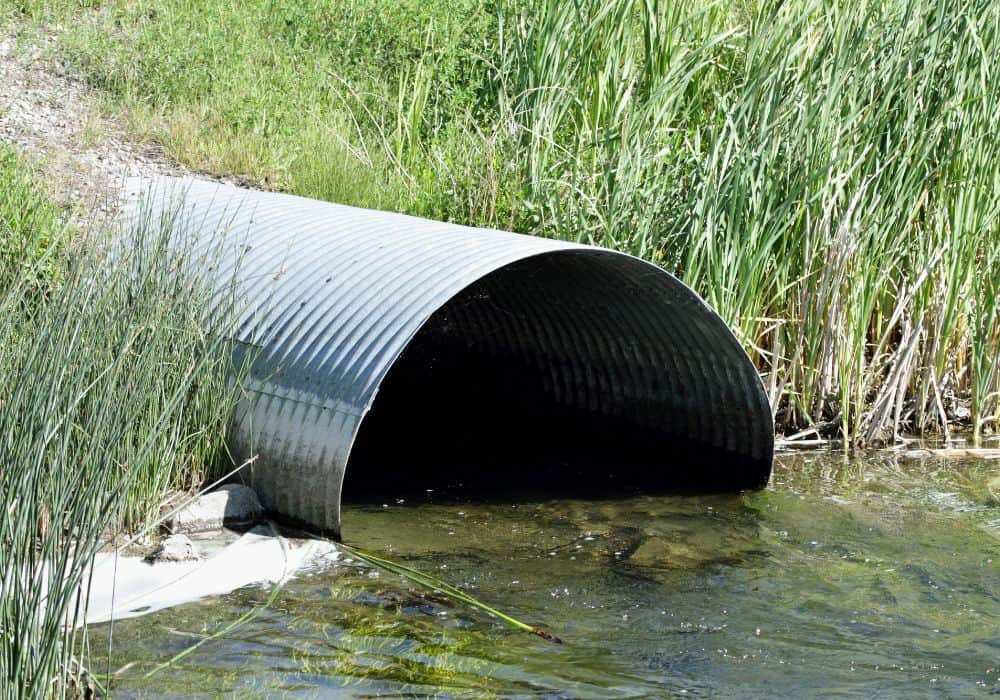If your shower drain has become clogged, you can easily unclog it yourself using simple tools and household items. If you don’t have access to a plunger or plumber’s snake, use a wire coat hanger to fish out hair and other obstructions.
Start by unscrewing or prying off the drain cover. Straighten out a wire coat hanger and create a small hook at one end. Push this hanger down into the drain until you encounter resistance.
1. Hot Water
Shower pipes can be one of the toughest fixtures in your home to clean. Over time, they may accumulate dirt, mildew, soap scum and mold. But there are a few simple yet effective steps you can take to restore their function and appearance.
The initial step in fixing your plumbing is to eliminate the sediment that’s clogging pipes and slowing water flow. Usually this is caused by calcium or hard water minerals buildup on the inside of pipes that create backups in sinks, bathtubs, and showers.
To accomplish this, run hot water through the pipes until they become clear. Doing this is an effective way to remove all scale from your hot water system and guarantee a smooth and efficient flow of water throughout your entire home.
But be careful not to run the hot water for too long as this can damage pipes and cause them to burst. In order to protect yourself from this scenario, take a few steps before trying the hot water method below to clear out the clog.
Pour hot water down the shower drain slowly, and if possible, wait fifteen minutes between each pour to allow the liquid to work its magic.
For optimal results, always use hot water from your tap rather than boiling it on the stovetop. Doing so could cause joint loosening and even cracking in your PVC pipes.
Another option is white distilled vinegar. This age-old solution has long been known for its power to dissolve hard water deposits and bacteria.
Once you’ve poured the vinegar down the drain, allow it to sit for 10 to 15 minutes and then flush with more hot water. You should begin seeing some progress towards clearing out the clog, but it is best to repeat this procedure two or three more times until all traces of it have been completely eliminated.
If the methods above don’t seem to be working for your shower drain blockage, consider calling a plumber for assistance. Depending on how severe the blockage, an experienced professional may be able to use more traditional techniques to free the drain blockage.
2. Baking Soda
Baking soda is an indispensable ingredient in the kitchen, used for making cookies, cakes and other baked goods. It also has natural cleaning properties which remove odors and stains from fruits and vegetables.
Baking soda has long been touted for its health benefits, such as heartburn relief, digestion support and kidney disease prevention. Plus, it works great as an antibacterial to keep your home smelling fresher, cleaner and free from germs.
The great thing about baking soda is that it’s an inexpensive, eco-friendly solution for your bathroom. Unlike other products which may contain toxic ingredients, baking soda is safe to use on yourself and your family.
Furthermore, using this product is a safe way to treat minor odors in the shower pipe. These can develop when soap scum accumulates on its walls. Regular usage and monthly cleaning will help keep these unpleasant odors at bay.
If your shower pipe is particularly dirty, hiring a professional for cleaning may be best. But if the drain is not too clogged and you have some spare time and energy to invest, baking soda and vinegar can easily be used to clean it yourself.
Begin by pouring about 1 cup of baking soda down the clogged drain and following that with another 12 cup of vinegar. These mixtures will fizz together, breaking down grease and grime that has built up over time in your drain.
Once you’ve finished this step, flush your drain with hot water to completely clear it out. Be sure to rinse the drain thoroughly after cleaning in order to eliminate any unpleasant odors that may remain.
It is essential to note that baking soda can irritate sensitive skin, so it should only be used in small amounts. Additionally, if you suffer from eczema or other itchy skin conditions, consult your doctor before using this product to avoid further irritation.
Another popular use for baking soda is to help remove stains on carpets and other surfaces. It’s safe to use and can effectively eliminate various types of stains; however, before beginning this task be sure to test it on a small area first.
3. Vinegar
Vinegar is an economical, safe, and natural way to remove hard water stains from shower heads and their spray nozzles. You can use white vinegar or apple cider vinegar; however it’s best to dilute the solution so as not to damage your shower head’s finish.
To begin, place the shower head into a container big enough to completely cover it. Then fill with an equal mixture of one cup white vinegar and two cups water. Seal the container tightly and leave for at least 30 minutes.
After the vinegar soak, use a sponge or toothbrush to scrub the shower head. This should remove some surface buildup; however, you may need to soak again in an acidic cleaning solution if you wish to get rid of more serious deposits.
Mineral deposits, which accumulate over time and eventually clog the spray holes of shower heads, are a common issue. You’ll likely notice your shower isn’t quite as powerful as before when these minerals start building up.
It can be a frustrating experience, but an easy fix will save you money on plumbing repairs. Using vinegar will help restore your shower’s spray power so that you can take long, luxurious showers again.
The great news is that it’s easy to do yourself. Just follow these straightforward instructions and your shower head will look brand new in no time!
Start by wrapping a plastic bag around the shower head and pouring in about one cup of white vinegar. Secure with either a rubber band or zip tie; be extra cautious if working on glass pipes.
Next, gently shake the bag up in order to break free of any deposits inside, but be gentle as not to cause damage. After some time has elapsed, remove the bag and rinse your pipe with water; this will help dissolve any leftover deposits and prevent future rust stains from forming.
If you’re hesitant to soak your shower pipe, baking soda is an effective and non-toxic alternative. This household duo has been demonstrated to remove hard water stains, soap scum, and mildew from shower pipes.
4. Drain Covers
Drain covers are an economical solution to stop hair and other large objects from falling into your shower pipe. Not only that, but they may help with clogs as well. These items typically come in rubber or plastic and cost-effectively.
These drain covers come in various sizes and can be bought at most home improvement stores. Usually, they feature a snap-in design that can be easily removed with a screwdriver.
Some drain covers use a magnetic element to hold them in place. While this can work for some people, it may not be sufficient when spills occur as liquids will seek the path of least resistance and easily pass through the magnetic element.
Therefore, it’s best not to use magnetic drain covers. Instead, opt for a cover that includes both the drain body and cover. This design helps prevent clogs in your pipes as it allows hair and other larger particles to fall out of the shower drain rather than flushing into the sink.
Alternatively, you can use a drain snake to clear any clogs in your shower drain. These snakes are designed for deep penetration of pipes and offer a safer alternative than harsh chemical cleaners.
To use a drain snake, purchase one from most hardware stores and follow its directions for use. Uncoil the snake and insert it into your shower drain until you feel resistance; then turn the handle as you rotate the snake to catch any clogs present.
If the shower drain remains blocked, plunge the drain again and repeat until there are no more obstructions or odors in the drain. This may take several attempts, but should eventually solve your issue.
Some people experience serious clogs in their shower drains due to soap scum accumulation. Not only is this an inconvenience, but it can also leave your bathroom smelling unpleasant.
Other common clogs can come from oily soaps, shampoos and conditioners that accumulate in your drain pipe. Over time these substances may corrode the pipe itself, necessitating costly repairs in the future.


